Topics:
Never Miss a Beat - Get Updates Direct to Your Inbox
FILTER:


To Build Your Personal Network, Follow This Advice from a Super Connector
By Quiet Light
As an online entrepreneur, which of the following most likely equates to more money in your pocket?
- The current value of your investments.
- The number of connections you have on LinkedIn.
- The number of people you’ve helped.
If you answered number three, you understand a critical concept in networking…real relationship building.


Listen to the Source of this Post:
This blog post is based on a podcast episode that we recently recorded. Listen to the full episode here:Most networking experts will tell you it’s the quality of the relationships in your personal network that ultimately determines your success in business.
Networking is not optional.
And most readers, whether buyers or sellers, will fall into one of two groups:
- those who embrace that fact and love it
- those who resist that fact and hate it
As it happens, that first group tends to be a lot smaller than the second.
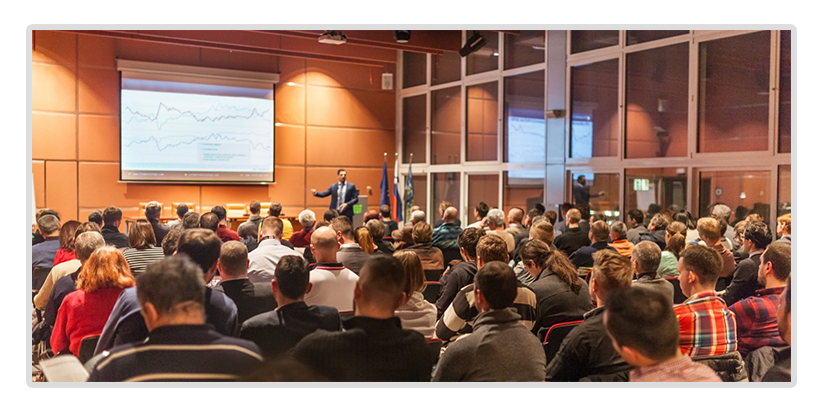

No matter which group you fall into, you probably wouldn’t argue with this: When you get the right people together, great things tend to happen.
More often than not, in fact, you’ll hear that it was the wrong combination of people rather than a lack of money that caused a business venture to fail.
It’s easy to think when it comes to networking and relationship building that luck favors the loudest people in the room, the former class clowns among us, or the most outrageously outgoing.
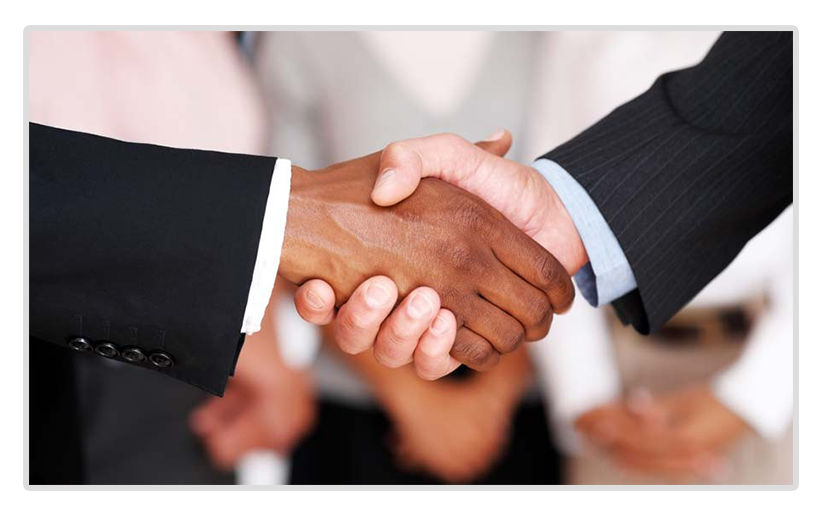

But experts like this week’s podcast guest, John Corcoran, will tell you that that’s not true.
John knows a thing or two about leveraging relationships. He leveraged a college internship to quickly catapult himself from English major at a party school to writer in the Presidential Letters and Messages office in the Clinton White House.
John now helps fellow entrepreneurs build powerful personal networks at Smart Business Revolution and runs done-for-you VIP events for conference organizers at Rise 25.
If you’re not someone who relishes small talk or feels wildly at home in a large group of people, you’re in luck… John has some fantastic tips for networking for the rest of us.
Let’s take a look at John’s best advice for building and leveraging your relationships in a way that’s efficient yet powerful, even if you don’t consider yourself the life of the party.
What to Do After You Make a New Connection
How to Be More Personal and Less Transactional
How to Become a Super Connector
How to Find the Right Events to Strengthen Your Network
What to Do After You Make a New Connection
Even as the number of business-collaboration tools continues to grow online, face-to-face interactions remain critical in business.
Look at the research:
- In one study, 95% of respondents said that face-to-face meetings are essential to forming long-term business relationships.
- In sales, the average close rate for in-person meetings is 40%.
- Another study showed that the average company would lose 17% of its profits if it cut out its business travel budget.
Relationship building is that essential.
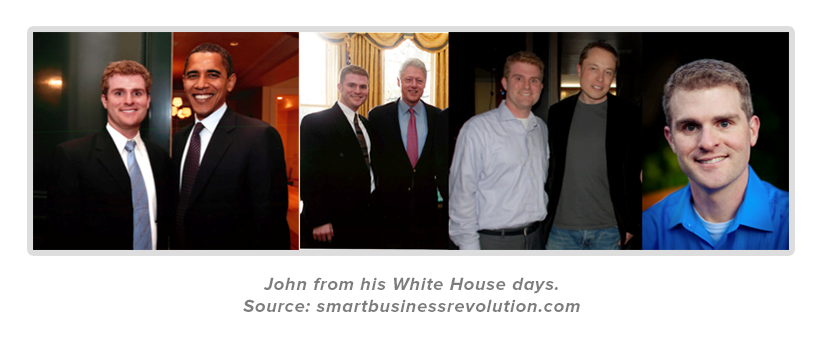

But, according to John, to truly leverage a face-to-face meeting with someone new, you need to practice good follow through.
What does that look like?
John says it’s pretty simple… don’t lose touch.
Just making an effort to stay top of mind (in his case sending interesting and helpful information that came his way to former mentors and colleagues from his internship resulted in a job at the White House) can make a world of difference to the value you gain from connections made in person.


Ideas from the old-fashioned world of etiquette often come in handy:
- Send a thank you note
- Email a link to an article that relates to a conversation you hadMake an introduction to another friend or colleague who would be of interest.
- Make the effort to follow through on any ideas thrown out in your in-person meeting or any plans made
As John’s experience shows, after an encounter ends, at that point when it’s easy to fade from memory, that’s when your efforts to maintain new relationships are critical.
That’s when you have an opportunity to take a chance encounter or short-term relationship and build a lasting and valuable connection.
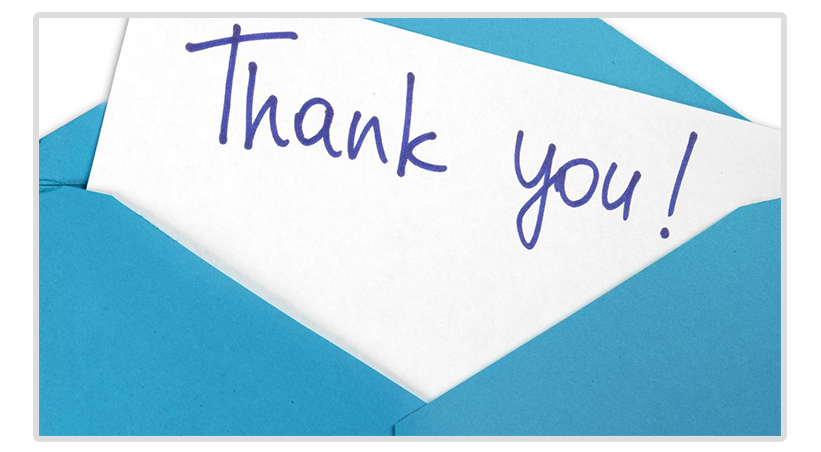

Stay in touch. Show that you keep your word. To build a valuable relationship, you first have to value the relationship.
How to Be More Personal and Less Transactional
I don’t know about you, but one of my biggest pet peeves from the world of networking is the tired old concept of “working a room.”
It always brings to mind images of that business-card-collecting guy you meet at events who effuses about how nice it is to meet you while simultaneously looking over your head to his next card acquisition.
Does networking have to be so shallow?
Actually, according to John, effective networking is anything but.
If you’re allergic to small talk like I am, this next advice is great news.


John says the more personal and authentic your interactions and communication with those in your network, the more effective you’ll be.
Whether you’re meeting someone at an industry event or writing a post on LinkedIn, it turns out that building a strong personal network relies on connecting with people authentically as a real person.
How do you do that?
In one case, John used an experience with his son as a teaching point in a LinkedIn post.
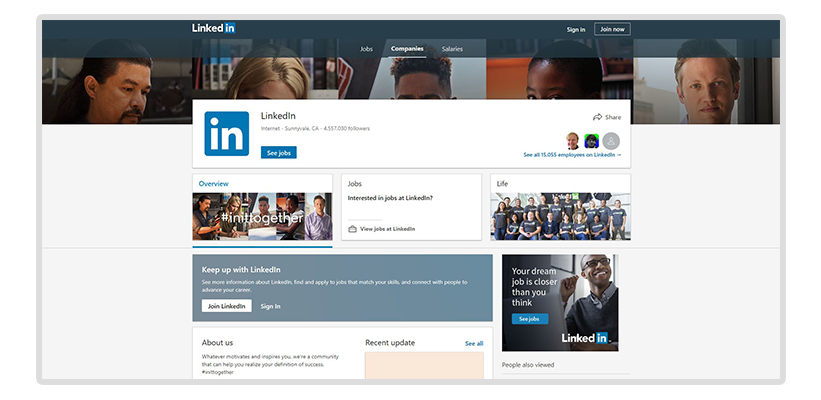

Showing his family side and sharing real stories from his personal life made him more relatable, he explains, while making a more lasting and likable impression on his LinkedIn connections than your average business post normally would.
The old adage that the way you make people feel is more important than what you say holds true when it comes to building your network.
No one wants to feel like the losing side of a two-way transaction, or a human vending machine where a hand gets shaken and a business card pops out.
John points out that rather than overthinking how to come across as an expert when you meet someone, you’ll probably make the best impression by engaging in regular human conversation – the stuff that real relationships are made of.
Don’t be afraid to show your most human side – and take a genuine interest in theirs.


Along those lines, remember that nothing connects us more than our shared vulnerabilities.
I think that’s one reason us parents tend to bond over conversations about our kids…because ultimately none of us know what we’re doing as parents, and it feels great to know we’re not alone as we stumble along.
How to Become a Super Connector
In the introduction to their book, Super Connector, Scott Gerber and Ryan Paugh write, “Together we realized that it was possible to do both good and well at the same time.”
This idea seems to lie close to the heart of every networking master.
The idea that you help yourself by helping others.“Wealth,” Henry Ford said, “comes as a by-product of providing a useful service.”
In other words, you can create value for yourself by providing it to someone else.
And not with a secret agenda, but with a true desire to help.
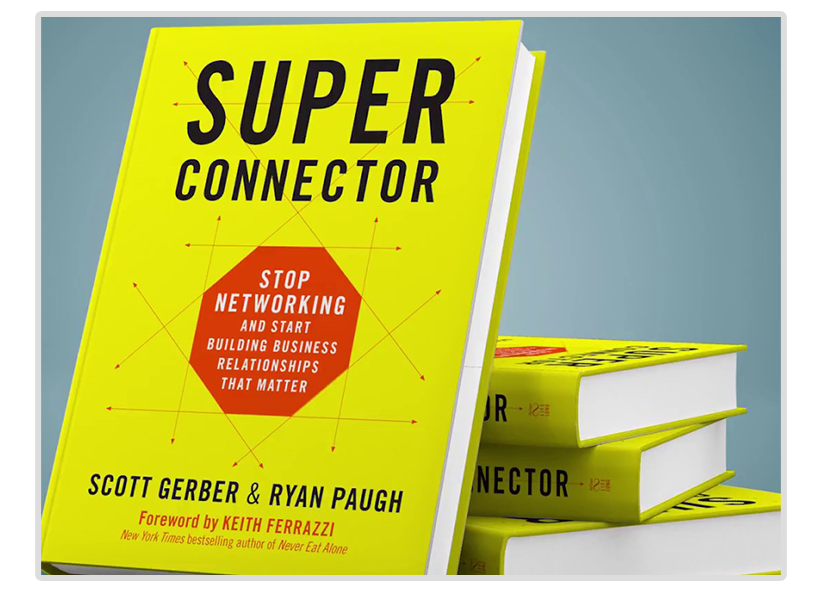

What’s one of the easiest but most powerful ways to provide value to someone in your network according to John?
A simple introduction.
Connecting two people who may have synergistic potential together is a highly effective and also highly memorable way to create value.
John and many other networking experts recommend taking the simple concept of the referral to the next level.
By thoughtfully engineering real connections between people in your network.
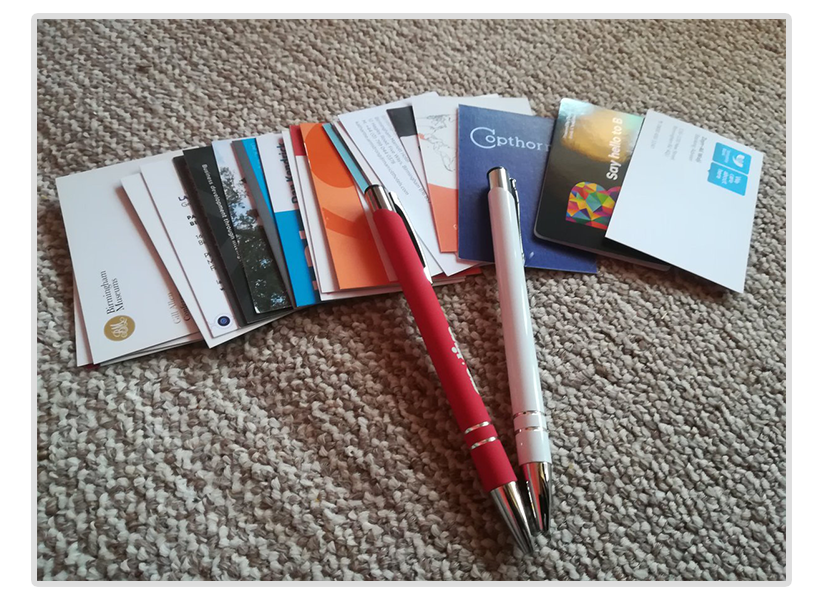

How do you become a super connector?
- Use social media, but think beyond it
- Build self-awareness
- Focus on being of service
- Build emotional intelligence
- Get curious and ask better questions
- Become a better listener
How to Find the Right Events to Strengthen Your Network
Some of the best events for building your network, John points out, are the more unconventional.
In their work at Rise25, John and co-founder Jeremy Weisz “curate high-level attendees” for conference organizers and provide enormous value by creating VIP events that offer outside-the-box experiences for those attendees.
What type of events does John prefer and recommend you look for?
engaging events that get people moving around
collaborative events that truly mix people together
events where attendees are accessible and not stuck in one place
events with original formats that buck expectations.
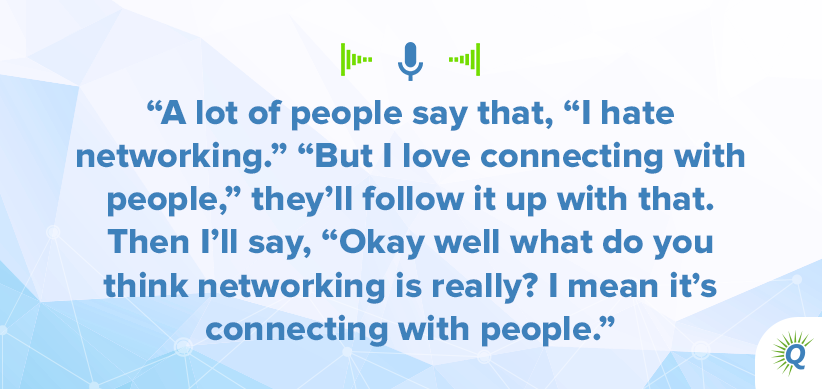

One example John gives is a VIP food tour which he describes as “progressive dinner party meets networking reception.”
The point, he says, is to keep people mixing and moving and even involve multiple locations so that more people actually meet more people.
It’s the connections that create value, so events that facilitate authentic and meaningful connections are the events you want to attend.
John warns, though, that it’s possible to attend the wrong events when it comes to effectively building your personal network.
Events that don’t align with you, your goals, and your future plans can be counterproductive to attend – which is where self-awareness really becomes a factor.


You can be more strategic about the events you choose when you know and have clarity around a few important things:
Who it would be ideal to connect with
Where you want to go next in your entrepreneurial life
What you have to offer fellow attendees
John Corcoran’s Secret Weapon
What’s a fantastic way to do all the things that transform a regular entrepreneur into a super-connecting entrepreneur?
Things like:
- cultivate curiosity
- take an interest in someone else
- build relationships
- provide value to someone else
- make connections between people in your network
John’s answer, and his favorite networking secret weapon, is to create your own podcast around a topic that connects well with what you do.
And then interview people.
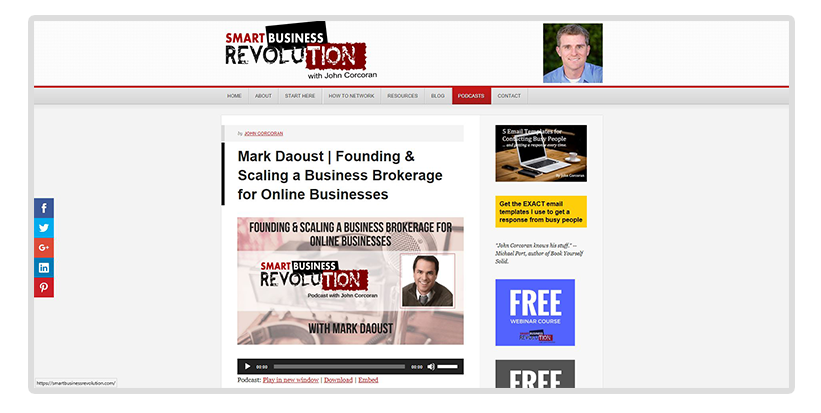

Early in his law career, John did exactly that to convert a one-time acquaintance into a valuable long-term client.
Why does John recommend podcasting as a brilliant tool for building your network?
Because it’s such a giving medium.
In the process of running a podcast as an entrepreneur you’re giving value to listeners as well as guests while also humanizing your content and expanding your circle of influence.
And as Joe remarks this week, “you just never know what’s going to come of it if you just help others and give” in that way.


John has the perfect definition for a podcast in this context of building your network as an online business owner: “It’s kind of like personal and professional development that also doubles as marketing.”
He also points out that by putting yourself out there through podcasting, when you do attend events in your industry and other networking opportunities, “You’ve moved the ball a lot further down the field” by greatly increasing your approachability.
Podcast listeners will quickly feel like they know you and can naturally relate to you.
In the world of personal network building, a podcast can function like fertile soil.
John even goes so far as to say everyone should do it.
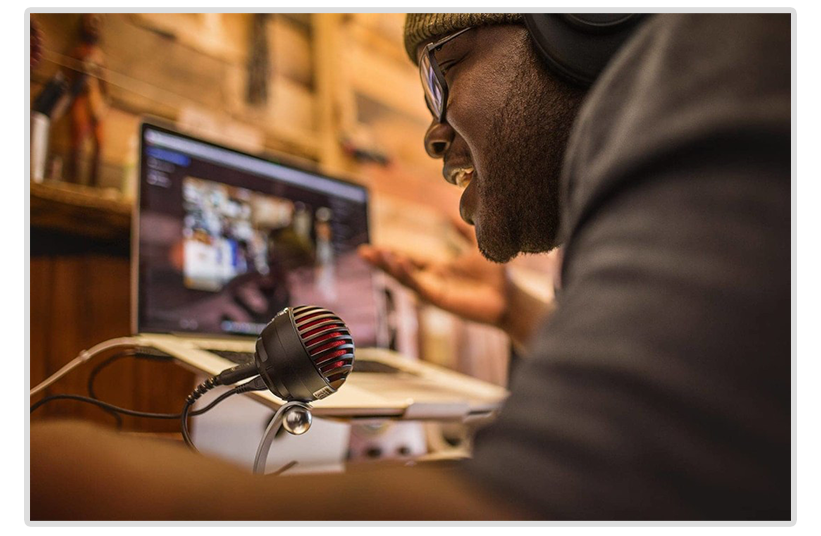

After listening to John’s advice this week one thing that really strikes me is his ability, which I think all of us could benefit from, to bring real life together effectively with online technologies to leverage and strengthen our relationships.
As much as technology changes things, it hasn’t changed the importance of reThey can make or break your success.
And as John says he learned growing up, if you don’t build them before you need them it can be too late.





